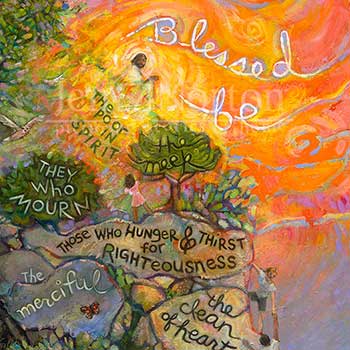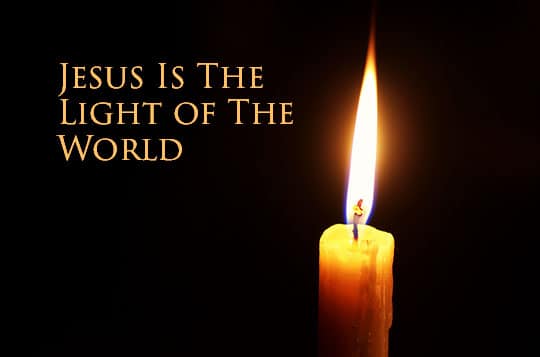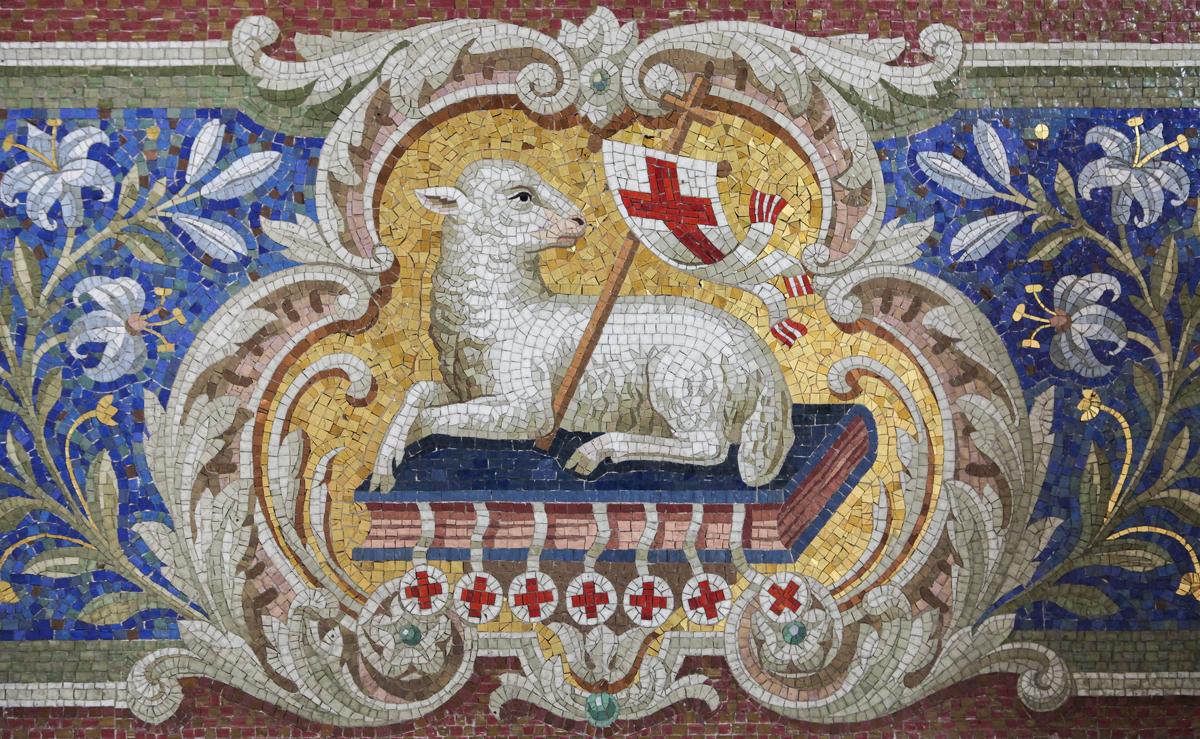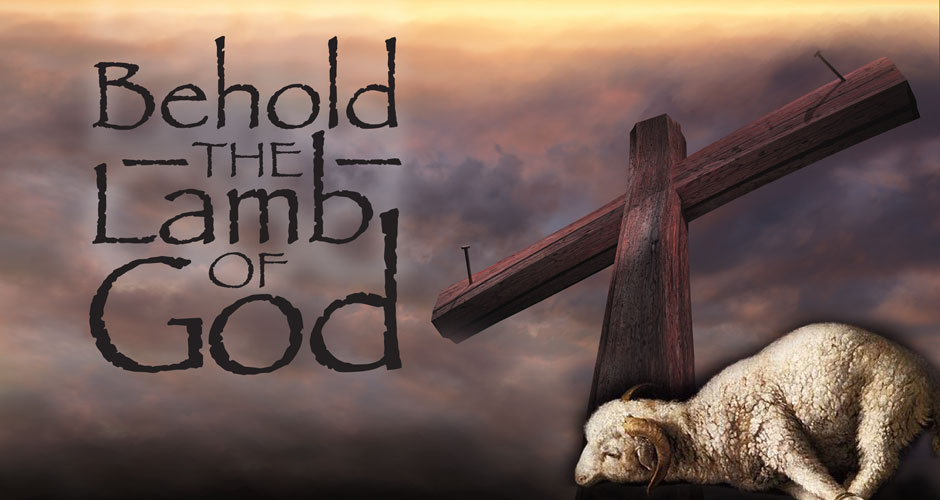Sermon for the Fourth Sunday after the Epiphany (A), preached on Sunday, January 29, 2023.
One of the most appealing lines of Luther’s mighty fortress hymn is that idea that God is our refuge, our hiding place, our bulwark, our safe place. The truth is that this is what we want most of all. We want a place where we can go to escape the slings and arrows of misfortune or a world against us to a life that is bounced too hard by the changes and chances of this world. That is why certain beatitudes appeal to us.
We think of ourselves as poor or humble in spirit and so we want to look forward to heaven as a the justice to raise up our humility. We think of ourselves as a people who grieve so many losses and so we are pretty sure we are owed a little comfort. I could go you. You get the point. We can own all of these words of Jesus as long as with those words comes the prospect of a little balance, something to make up for that which we have lost and something to balance our what we have suffered. The problem with this way of thinking is that Jesus counts the blessings in future tense. They will be and shall be but not firm delivery date is given.
On the other hand, the suffering part of these beatitudes are all in the present tense. The persecution, reviling, slander, and such are not in the future but they are now. It is as if Jesus is saying that the devil roaring about seeking whom he may devour will get his way and consume us. No wonder we want to find a safe house whose address the devil does not know nor the world even suspect. No wonder we want to believe that there is a safe place for the people of God where bad things can be kept at bay.
But what does Jesus really say? There will be persecution. The world will hold you in contempt. There will be rejection. There will be lies said about you and falsehoods said about you. It is not if but when these things happen. They happen not because you screwed up or you did not find the refuge God had promised. They happen precisely because you belong to Christ. As the world treated Him, so will it treat you. In fact, if you are not being persecuted or lied about or slandered because you belong to Christ, maybe it is not all that obvious to the world to whom you do belong?
You do not get a safe place where you will suffer no slings and arrows defaming you or causing you harm. What you do get is Christ. “I am with you.” He says.
He does not watch as the world attacks us but stands with us. He is our captain and our cause but He is with us in the trenches and suffers with us and for us all that the world can dish out. We are not above our Teacher but neither is our Teacher above us. We are blessed not because our lives are immune from the real costs of being the people of God. Neither are we blessed because we are suffering. We are blessed because we know Christ – He is our blessedness and He will guard us as His own treasured possession.
These beatitudes are not slogans for the kingdom nor are they meant to inspire us to work harder. No, they are the description of the burden already born for us by Christ and the shape of the lives of all who live in Christ. It is not that we are sheep among wolves because the days are particularly bad. We are always sheep among wolves. The Gospel here is not that trials and tribulations will not come but that Christ is with us. He will not surrender us to the wolves. He will not allow us to be devoured by our enemy.
The promise in these words is this – yours is the Kingdom of God. That is no small promise. Yours is the Kingdom of God when the world is ganging up on you, when you are being lied about because of Christ, when you are being targeted because you live in Christ, when you are threatened because you belong to the Lord. Yours is the Kingdom of God. This is not some consolation prize because God could not give you the good stuff. This is the good that endures long after the persecution, slander, and condemnation are forgotten.
We sing “Have good cheer, little flock, have good cheer, little flock; for the Father has chosen to give you the kingdom, have good cheer little flock.” That is the promise. Your cheer and comfort and consolation are not found in the temporary reprieves you sometimes have from the world and the work of the enemy Satan – your cheer and comfort and consolation come from the fact that God has given you the kingdom and no one can take it from you.
Of course, there are times when God gives us a breather from the steady pass of persecution and threat. We Christians have our moments and maybe even a short season of peace and rest. But the nature of our Christian lives is that we are living in a world in conflict with Christ and His kingdom. So every day we live here, there will be struggle and sorrow and pain and suffering. Even yet, the Kingdom of God is still ours and nothing we endure here can steal it away from us.
There would be no suffering for God’s people if we would surrender the kingdom to the world, give up the Lord for a few moments of reprieve here and now. Truly that is the temptation. And that is what some Christians have done – deciding that a bird in the hand is worth two in the bush. But if you are convinced that your best life is now and that it is your goal to keep this life as easy and painless as possible, you have already been lost to the Kingdom of God. For now, the Kingdom of God will always be hidden in poverty and want, mourning and meekness, hunger and pain. But even here, Christ is still present.
St. Peter reminds us that gold is a pretty precious metal and yet it is refined by heat, burning the imperfections out of it so that what remains is pure. Gold is not nearly as precious as you are to God and yet sin is still the inclination of your heart because of the fall and the devil knows all your weak points. So God is even now using this time to purify your faith. Indeed, it is happening to the whole Church. The more she is pure, the more the Church suffers in a world at odds with Christ and His saving purpose. The Church, we, can end this suffering by giving up the faith but we gain the moment only to lose eternity. Every day is a battle about who you are and whose you are. But through it all, the Kingdom of God is YOURS and no one can take it from you. A hiding place is not what you need but endurance. For he who endures to the end shall be saved. In the Holy Name of Jesus. Amen.















